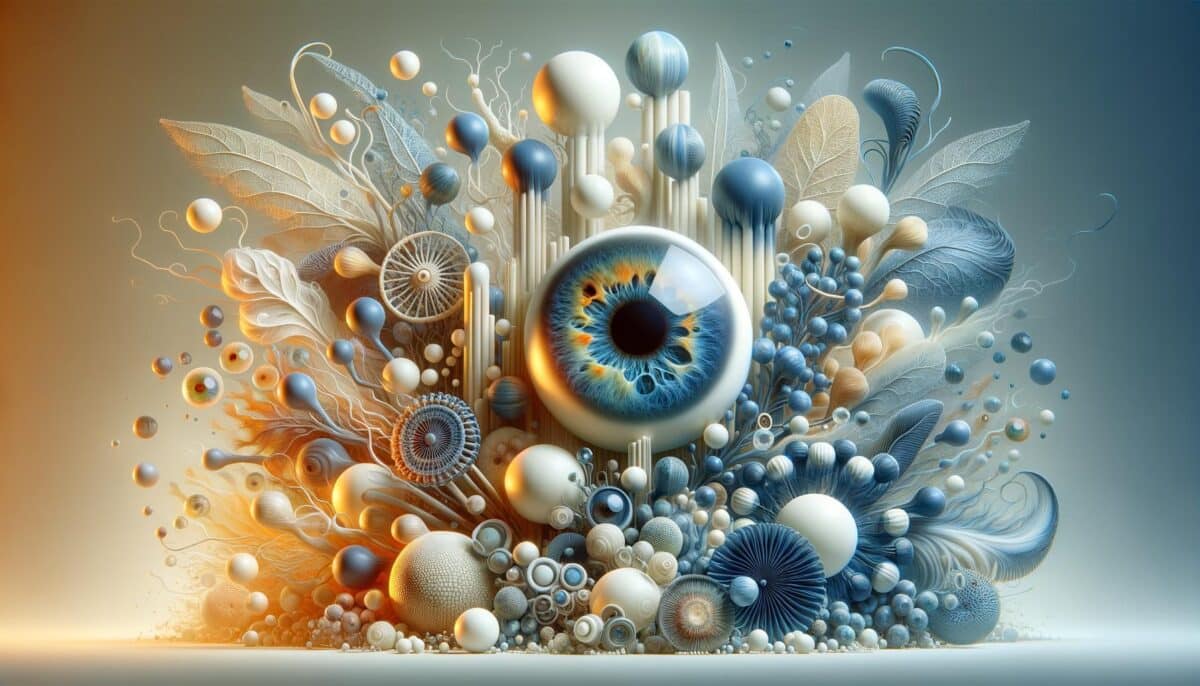What is Macular Degeneration?
Macular degeneration, often referred to as age-related macular degeneration (AMD), is a medical condition that primarily affects the macula, the central part of the retina responsible for detailed vision. This condition leads to a gradual loss of central vision, which is crucial for activities such as reading, driving, and recognizing faces. While macular degeneration does not result in complete blindness, it can significantly diminish the quality of life by making these everyday tasks challenging.
There are two main types of macular degeneration:
- Dry Macular Degeneration: This is the more common form, accounting for approximately 85-90% of all cases. It occurs when the macula thins over time as part of aging, leading to gradual vision loss.
- Wet Macular Degeneration: Although less common, this type is more severe. It happens when abnormal blood vessels grow under the retina and macula, leading to faster and more noticeable vision loss.
Risk Factors and Causes
While the exact cause of macular degeneration is not completely understood, several factors are believed to contribute to the development and progression of the disease. Age is the most significant risk factor, with the likelihood of developing AMD increasing as one gets older. It typically affects individuals over the age of 50.
Other contributing factors include:
- Genetics: A family history of AMD can increase one’s risk.
- Smoking: Tobacco use is a significant risk factor, doubling the chances of developing AMD.
- Race: AMD is more common in Caucasians than in people of African or Asian descent.
- Diet and Lifestyle: Poor diet, obesity, and a sedentary lifestyle can increase risk.
Symptoms to Watch For
The symptoms of macular degeneration can vary between the dry and wet forms of the condition. In the early stages, there may be no symptoms at all, and the condition might only be detected during an eye examination. For those experiencing symptoms, the following are common indicators:
- Blurriness or loss of central vision in one or both eyes.
- Difficulty recognizing faces.
- Distortion of straight lines, which may appear wavy or bent.
- Dark or empty spots in the center of vision.
It’s crucial to seek professional medical advice if any of these symptoms occur, as early detection and treatment can help manage progression.
Treatment Options
Although there is no cure for macular degeneration, several treatment options can help slow the progression and improve the quality of life for those affected. The treatment approach depends largely on whether the condition is diagnosed as wet or dry macular degeneration.
For dry AMD:
- Lifestyle Adjustments: Eating a diet rich in leafy greens, fish, and other nutrients beneficial for eye health can help slow the condition.
- Vitamins and Supplements: Certain vitamins and mineral supplements might slow progression.
For wet AMD:
- Anti-VEGF Injections: These are administered to reduce new blood vessel growth under the retina.
- Photodynamic Therapy: This uses lasers and a special medicine to target and destroy abnormal blood vessels.
Living with Macular Degeneration
Managing life with macular degeneration involves adapting one’s lifestyle to accommodate changes in vision. Practical measures can include rearranging living spaces to improve safety and ease of movement, utilizing magnifying devices for reading and watching television, and using audio options for books and newspapers.
Support groups and counseling might also be beneficial, providing both emotional support and practical tips for day-to-day living. Encouraging regular check-ups with an eye care professional is essential to monitor condition progression and adjust treatment plans as necessary. Families and caregivers play a crucial role by offering support and understanding the complexities of living with vision impairment.
In summary, while macular degeneration is a challenge, understanding the condition and exploring treatment options can make a significant positive impact on maintaining a fulfilling lifestyle.
